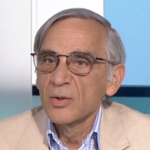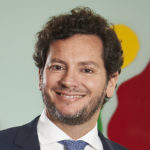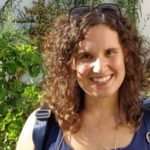
Plenary Session 1 - How can we impact the social sustainability of tourism in times of uncertainty?.
Keynote speakers from the academic and professional tourism sector and will provide answers to these questions and will inspire the participants on the global theme of the Congress.
Thursday 13 October | 11:30
FR | EN | ES
Isabel Novoa
ISTO President & Deputy General Manager at Novojet, Chile

Senior Business Leader and Strategic Business Innovation Specialist.
Show more
Rémy Knafou
Emeritus Professor of Geography- University of Paris 1 Panthéon-Sorbonne

Born in 1948, associate professor of geography, Doctor of State in literature (thesis on the integrated winter sports resorts of the French Alps, Masson, 1978),
Show more
Latest book: Reinventing tourism. Saving our holidays without destroying the world (2021), éditions du Faubourg.
Luis Araujo
President at Turismo Portugal

Luis Araújo is the President of Turismo de Portugal (Portuguese National Tourism Authority) since February 2016. He is also President of ETC – European Travel Commission since September 2020 and President of NEST – Tourism Innovation Center in Portugal.
Read more
Joana Lima
Assistant Professor at the University of Évora and a researcher at the CIDEHUS Research Unit

Joana Lima is currently an Assistant Professor at the University of Évora and a researcher at the CIDEHUS Research Unit. She holds a PhD in tourism (2015) from the University of Aveiro.